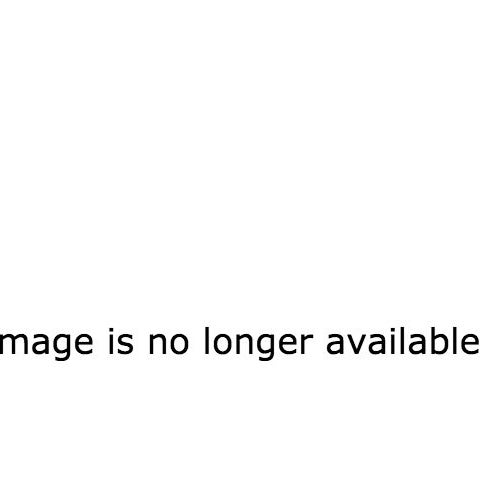Hi. We're Alex and Kirsten. (Alex is the totally put-together person on the left, and Kirsten is the one on the right with zero regrets.)


As two social drinkers who have had our fair share of post-drinking regrets, we wanted to find some scientific ground (other than our own idiocy) to explain the mysteries behind why we can be our own worst enemies when we're drunk.
To do this, we decided to ask Kevin Strang, Ph.D., faculty associate in the Department of Neuroscience at the University of Wisconsin–Madison Medical School, to explain the #science behind it all.
For starters, we need to explain a few things about what makes the drunk brain so different from the sober brain.
Here are the very important questions we needed answered...
1. Is there a reason why we drunk-text or act impulsively even if our sober selves would be mad at our drunk selves for doing it?
2. Why can't we help expressing all our ~feelings~ when we're drunk?
3. Are you more likely to tell the truth or to lie when you're drunk?


Alcohol “makes you more likely to do EITHER one,” Strang said. “It makes you more likely to tell the truth, or to lie, depending on what you can focus on in that moment, depending on what your myopia is — what’s the top of your agenda." People do tell the truth more easily, he said, but it’s not really that simple.
So, you might tell your ex the truth (that you still have feelings for them) if you want them in that very moment. Your sober self might know to factor in the cause-and-effect of doing that, but your drunk self gives zero fuqs about it.

